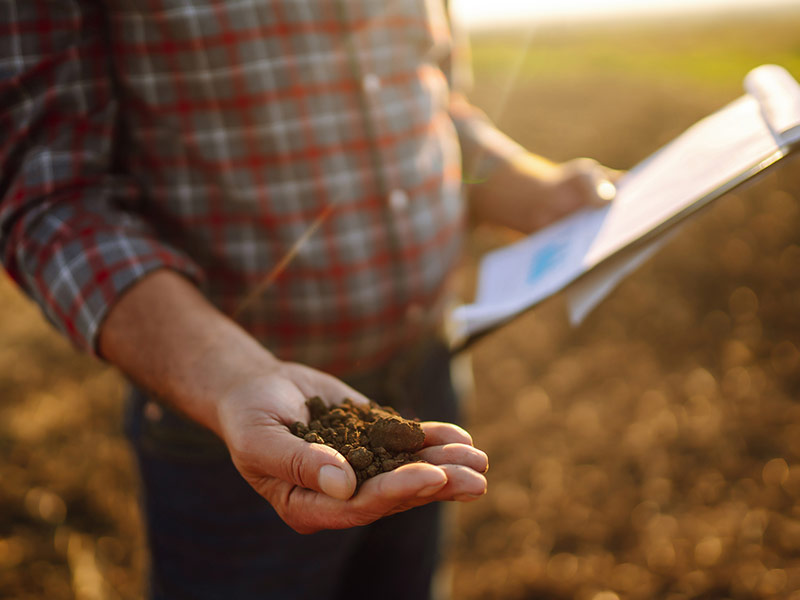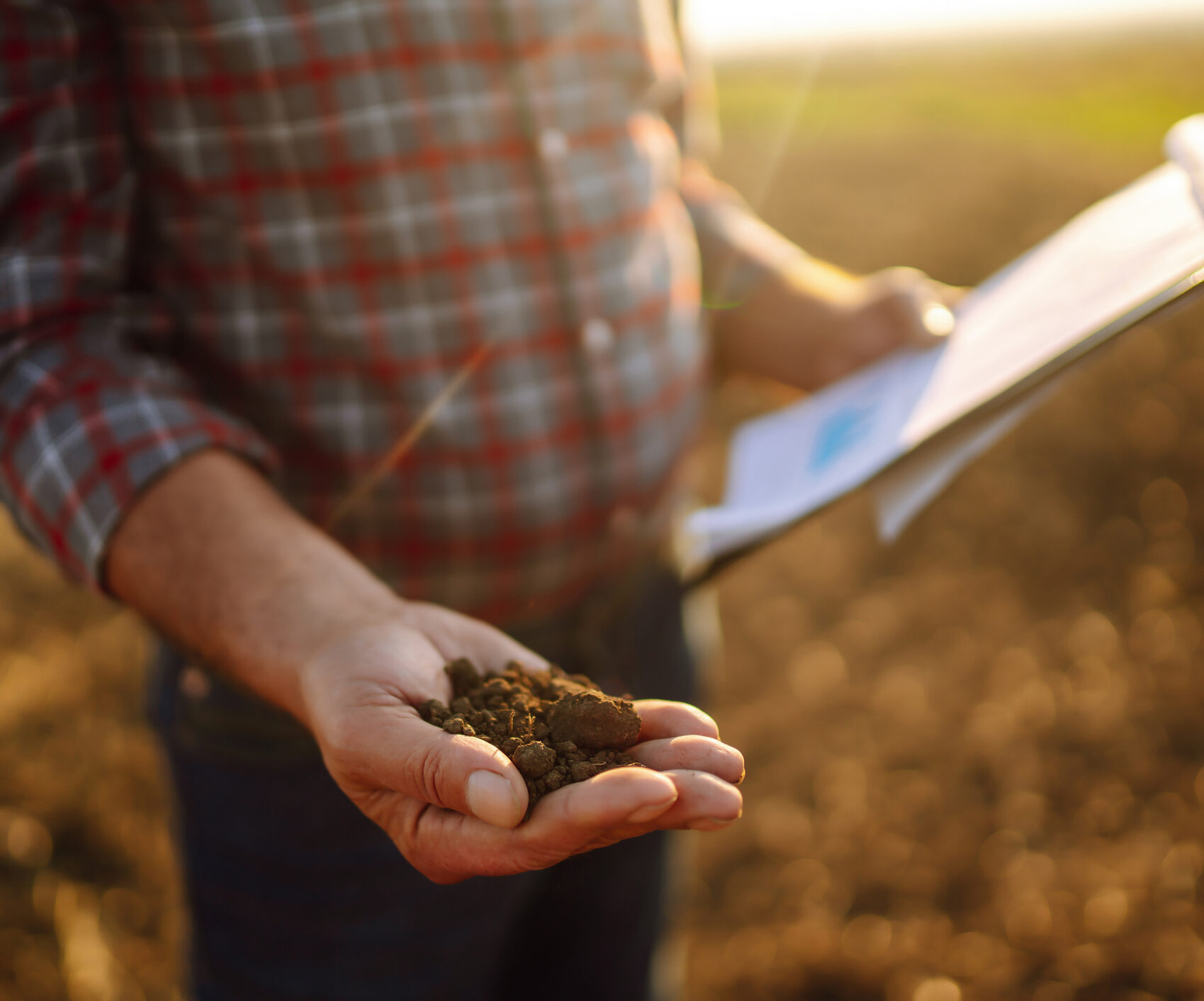AGRONOMIC EXPERTISE MEETS SMART TAX SAVINGS
When purchasing or inheriting farmland, you may be eligible for a tax deduction on excess or residual soil fertility, just like other depreciable assets (fences, pivots, terraces, etc.). This deduction can lead to substantial tax savings while also helping you manage soil nutrients more efficiently.


HOW CROP QUEST’S FERTILITY STUDY HELPS YOU
By performing an excess (residual) fertility study, we don’t just help you claim tax deductions—we also give you an agronomic roadmap for long-term productivity. The same data used for tax savings can be leveraged for:
ABOUT OUR EXCESS SOIL FERTILITY STUDY:
Your Path to Smarter Land Management
When you purchase a new piece of land, the clock starts ticking on making it profitable. Whether you plan to pass it down through generations or sell it someday, the decisions you make early on can significantly impact your long-term financial outcomes.
If you’re buying land to farm long-term, an Excess Soil Fertility Study can help you claim a Section 180 tax deduction, providing a significant tax benefit. If you’re selling farmland, documenting excess fertility can increase its value and marketability.
Our process is designed to help you understand and maximize this opportunity.
HOW IT WORKS
Step 1: Do You Qualify?
Determine if your land purchase meets IRS guidelines for a Section 180 deduction. To qualify:
- Beneficial Ownership: You purchased or inherited the land.
- Soil Testing: The land must be grid sampled to assess soil fertility.
- Fertilizer Use: Residual fertilizer must be deemed ‘exhausted’ (used by the crop).
If you meet these criteria, you’re ready to move forward with confidence, knowing this study can provide financial and agronomic benefits.
Step 2: Our Process
Once you qualify, we follow a streamlined, three-step approach to assess your land’s soil fertility:
Step 3: Working With Your Accountant
In the end, you’ll receive a set of clear, concise reports designed to simplify decision-making. We stay away from lengthy, overwhelming reports with no context. Instead, our reports provide actionable insights with agronomic context and a straightforward summary tailored for your accountant. With the right information at their fingertips, accountants can confidently apply the Section 180 deduction.
MAXIMIZE YOUR LAND’S POTENTIAL AND TAX BENEFITS WITH THE RIGHT TEAM
This service does not constitute financial or tax advice. Crop Quest, Inc. shall not be held liable for any direct, indirect, incidental, or consequential damages arising from the use or inability to use the information supplied.


